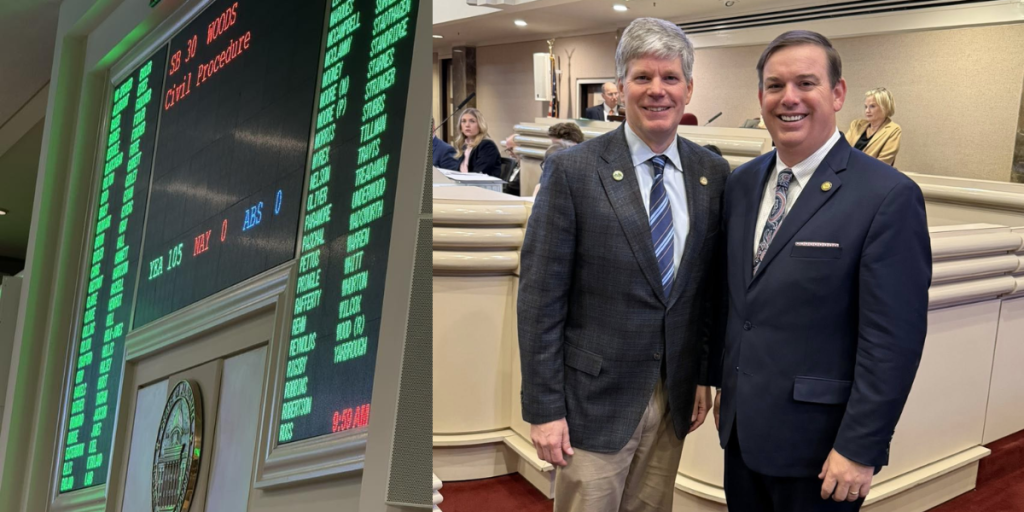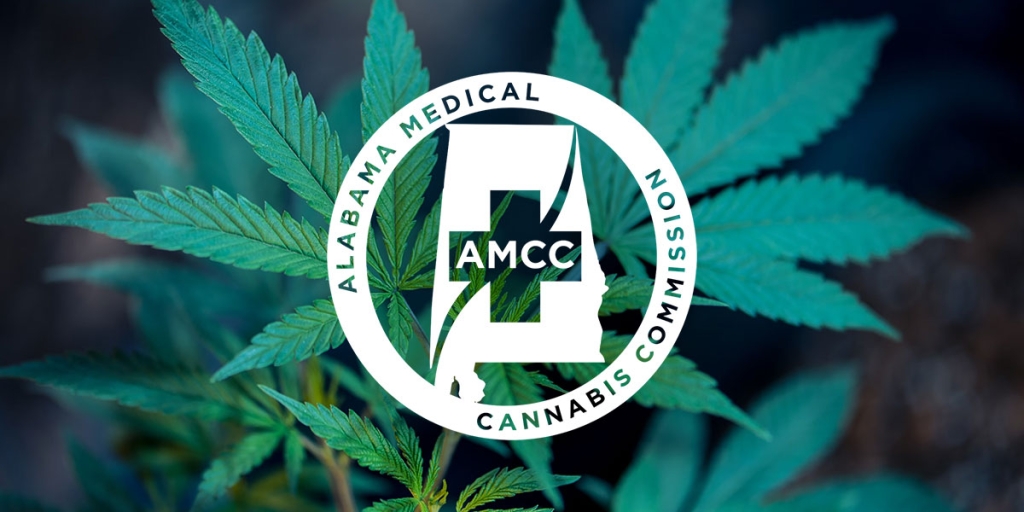There’s something mysterious and nearly romantic about mushrooms: They seem to spring from the depths of the forest floor – or overnight in one’s yard – unbidden.
Many years ago, Charles Crowther was intrigued by a photo of mushrooms growing on a log: That image birthed an 18-year foray into growing and selling mushrooms.
“I wanted to learn how to grow mushrooms,” said Crowther, then a resident of southwest Tennessee. He began researching how to grow the elusive species. In time, Crowther occasionally sold mushrooms at a farmers market in Jackson, Tennessee.
About seven years ago, after Crowther and his wife, Shiyrah, moved to Montevallo, they started Grandview Farm. His hobby mushroomed into sales, along with the demand for fresh, nutritious food.
“It turned into a business when we saw the need and the people wanting the mushrooms,” Charles Crowther said. “We started at a couple of farmers markets around Birmingham, and then we got hooked up with Pepper Place, and we started selling there. It just became a regular thing.” The couple also supplies fresh farm products to Birmingham’s first online farmers market, Till, and the Local Source Market & Grocery.
On 14 acres, the couple grows a variety of oyster and shiitake mushrooms under a canopy of sweet gum and oak trees in dappled sunlight. The fungi crop, as well as their microgreens, are organic, without chemicals or pesticides.
Grandview Farm supplies mushrooms to a host of upscale restaurants in the Iron City, and beyond: Bottega, Fig Tree, Daniel George Restaurant, Hot and Hot Fish Club, Oven Bird, Roots and Revelry, Satterfield’s and The Essential are some notable locations. Many of the eateries have seasonal menus and regularly change their selections.
“Those restaurants all like to support local farmers, so that’s really nice. … Taproot Cafe in Hoover was using mushrooms for sandwiches and frying them up and using them as croutons for salad,” Shiyrah Crowther said, with a laugh.
Each Saturday at the Market at Pepper Place, from mid-April to Oct. 31, the couple sells a large variety of mushrooms at their farm stand. Offerings include medicinal tinctures made from mushrooms, microgreens, fresh herbs and Grandview Farm T-shirts.
A unusual product – shiitake mushrooms grown on logs – has proved a winner among Pepper Place shoppers. Logs infused with mushroom spores allow customers to grow their own delicious fungi at home. Crowther gives detailed instructions about how to prepare the log to sprout the mushrooms. During a two-year span, customers may grow more than 2 pounds of mushrooms.
“When we moved down to Birmingham, there was a big demand for a niche product like this,” Shiyrah Crowther said. “People find it very interesting and intriguing – it’s like a gourmet, foodie item.”
Enjoying a grand business
Four years ago, the Crowther’s mushroom-farming skills led them to Italy.
During a two-week trip, the couple visited several Italian farmers to discuss mushroom farming and the production of pink oyster mushrooms in the U.S.
“The fields are ready for harvest,” said Charles Crowther, who lived eight years in Naples, Italy, when his father was in the Air Force. “Then COVID-19 hit. It’s a big endeavor to get from Alabama to Italy, and then to teach people to do what we do.
“The farmers want to learn it,” he said. “I don’t know if the vehicle is log-grown shiitakes because wood is very hard to find access to in Italy … unless you find a landowner who has a lot of land and a lot of flexibility with that. There may be some other avenues where we could help them do some kind of small mushroom production. So we’ll look at it in the future if things open up.”
In the meantime, the Crowthers love what they are doing: bringing mushrooms to the people and restaurants of Birmingham.
“We like to grow the mushrooms,” Charles Crowther said, with a smile. “The chefs like it, and the people like it at the farmers market. The mushroom craze is really catching on.”
Fungi Farm enjoys success
The near-magical qualities of mushrooms always appealed to Allen Carroll, owner of the Fungi Farm in Dadeville.
Carroll ventured into mushroom farming after high school and began eating healthily. Though Carroll started as a hobbyist, now “everything about mushrooms” is his passion.
“I couldn’t find many mushrooms around, so I started growing them while studying agriculture at Auburn University. I really like eating mushrooms,” Carroll said – not only for the delicious taste, but also for the positive effects on health.
While studying soil science, Carroll realized that no one at the university was involved in large-scale mushroom farming. He saw a tremendous need in Alabama and beyond.
“The United States eats 1% of the world’s mushrooms,” Carroll said. “There’s tremendous room for growth in the Southeast and the United States.”
While some mushrooms in grassy yards may be poisonous, there “are a ton you can safely eat,” he said.
“You have to feed these things – mushrooms eat food,” he said. “The ones we grow at Fungi Farm eat dead plants – they must grow in association with a living plant.”
Fungi Farm makes mushroom-growing kits and “logs” from which farmers grow about 90 varieties of gourmet mushrooms. The celebrated reishi – known as the “mushroom of immortality” – is one species cultivated by Fungi Farm. The company’s highly sought-after Reishi Mushroom Dual Extract Tincture, made from the Alabama-grown reishi fruit, is so popular it often sells out.
For more than 2,000 years, people have cultivated mushrooms. Early civilizations, particularly Asian cultures, believed that reishi improves health and immunity. Reishi may be found in expensive creams and serums, which claim to keep the complexion youthful.
Putting the fun in fungi
Throughout the year, Carroll’s team offers intensive classes on mushroom farming, consulting with growers and novices who want to start mushroom farms. The team leads fungi-seeking forays through the woods. Many class participants become mushroom farmers.
Fungi Farm shares the basic knowledge – and the lesser-known secrets – that mushroom farmers must practice to be successful.
“Mushrooms typically eat off a dead tree,” Carroll said. “When you kick leaves and find the white mold underneath, that’s the mycelium.” The mycelium is a mass of fungal threads from which mushrooms can sprout.
“What we do is a put a little mycelium in a bag and it spreads into the food source until we’re ready for it to make mushrooms,” Carroll said.
Fungi Farm makes the starter – an artificial log made of sawdust, in a bag – that is heated to the right temperature in which to present mushroom spores. After the mushrooms colonize the sawdust log, it’s ready to ship to customers. Within a week or two, mushrooms grow from the bag.
“There’s a handful of folks doing what we’re doing at the Fungi Farm,” Carroll said. “We are mushroom agricultural experts in our area. We’re the only lab in Alabama providing growing kits and spores to farmers. We build a starter that is a ready-to-fruit block – in other words, the mushrooms are the fruit. We supply the production units, similar to selling seeds to someone who wants to start an apple orchard.”
Instead of growing mushrooms, Fungi Farm’s focus is on increasing the sales of its lab products to other farmers. As restaurants closed during the pandemic, Fungi Farm’s sales decreased, and its lab became the moneymaker.
“The pandemic almost cut our business in half for a little while,” Carroll said. “It’s great that our business survived COVID. We spent a lot of time building out our facility. We’re staying busy, continually expanding. We are fortunate to have hard-working and creative clients.”
Bright spot on the horizon: Rocket City Mushrooms takes off toward bright future
Rocket City Mushrooms in Ardmore, near Huntsville, has seen its sales shoot upward this year.
Owner Joshua Marsh started with a small business, from a kit from a big-box store. It was a huge job change for Marsh, who in 2012 operated a tattoo studio.
“This is completely opposite ends of the spectrum,” said Marsh, a U.S. military veteran. “I always wanted to own my own business. I decided to be my own boss and treat my workers like I think people should be treated. I did this for my family. I started crunching the numbers and it worked out well for me.”
Marsh officially went into business in March 2021, when he received his Madison County retail license. He grows several mushroom varieties: blue oysters, golden oysters, black pearl king oysters, old road oysters (Mossy Creek mushrooms), super scallop oysters (MCM), and Oden’s beard lion’s mane, which is a wild clone from Madison County.
“I’ve really been growing mushrooms for a couple of years,” Marsh said. “I sell to a bunch of upscale restaurants in Huntsville and two in Birmingham. I even sell to a vegan-type restaurant, which supplies 60% of my sales right now.”
Rocket City Mushrooms can be found at several restaurants, including the Veggie, Cotton Row and the Bottle Domain South. One restaurant features a mushroom sandwich with mushroom toppings. Cotton Row uses Rocket City’s produce in a wide variety of dishes. At the Veggie at Lowe Mill in Huntsville, specializing in vegan comfort food, customers can enjoy Marsh’s mushrooms in five entrees. The eatery uses Rocket City’s mushrooms to make vegan chicken fingers.
“It’s delicious,” Marsh said of the dish.
Marsh supplies 110-120 pounds of mushrooms each week to restaurants, and his business is growing. While offering wholesale and retail pricing, Marsh’s goal is to double the pounds sold. He sells produce to the Farm Food Collaborative – Food Bank of North Alabama.
For the love of ‘shrooms
Marsh likes to add mushrooms to his family’s dinner table whenever possible.
“I sometimes hide mushrooms in dishes I cook,” he said. “I’ve got one, the black pearl king, that replaces the portabella. You can season it just like a hamburger. The stem comes out really thick. I like to stuff the stem like a bell pepper and grill them – I replace the bell pepper with the mushroom for the recipe.”
Marsh enjoys growing the coveted chanterelle, a wild mushroom often used by chefs. As chanterelles are heated, they take on a dry-orange hue, with a flavor that complements most dishes: “I use them for everything from a soup garnish to steaks to frying them crispy for salads,” he said.
While many people add raw mushrooms to salads, Marsh said it’s preferable to cook them, because it aids in digestion.
Though he currently works from his home, Marsh plans to expand his business operations to a larger building.
“My five-year goal is to grow 1,000 to 2,000 pounds a week and to be able to add an organic label,” he said. Marsh noted that produce must meet stringent health requirements set by the U.S. Food and Drug Administration before a grower can legally attach the term “organic.”
With the demand for his mushrooms taking off – and restaurants seeking more delicious options – Marsh has high hopes for the future.
“I’m about to expand with different types of mushrooms and use a commercial kitchen to add value-added products, including seasonings and packaged products,” he said.
(Courtesy of Alabama NewsCenter)











